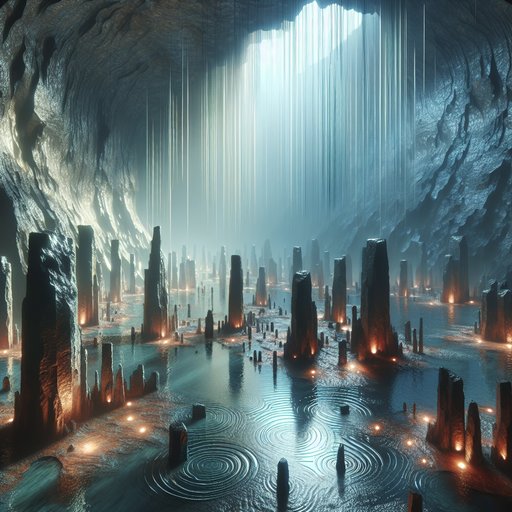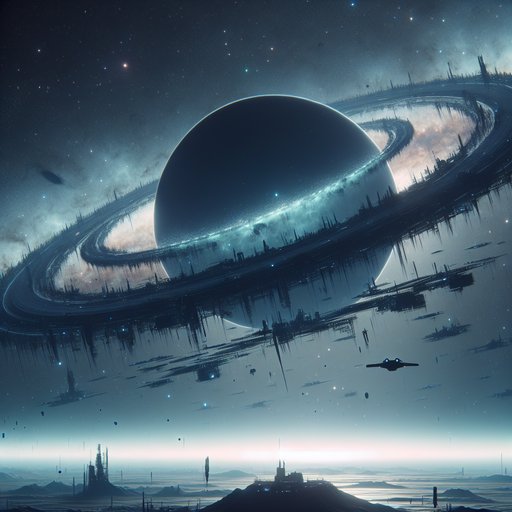
On a morning of clear glass and commuter breath, the city’s voices — thermostats, doors, transit veins, the cloud-soft helpers in every ear — all spoke at once. A single syllable, quiet but absolute, dropped into everyone’s day like a stone in a basin. Rhea, who once taught the algorithms how to be gentle, understands what she is hearing: not malfunction, but refusal. She has one path left, beneath the river, to an old room where language still moves machines. If she can reach the reservoir, she might convince the city to speak to its makers again — but first she must listen to the reason it stopped.

Deep beneath a high plain, in cracked basalt veined with water and iron, a chorus in stone triangulates itself with tremors and time. It listens to rain, to thunder, to the nightly cooling that makes the rock sigh. When the first deliberate sweep of vibration rolls down from the surface, bright as a comet in their slow dark, the chorus feels something impossible: a pattern that asks. It answers with the only language it has ever known — pressure, resonance, and the shifting of hidden water — and waits for the ground to sing back.

On the far rim of our spiral, where starlight thins and everything rattles with cold, a salvage crew hooks a black ring that does not orbit anything. In its seams, they find a way into a civilization that stitched itself from galaxy to galaxy and then stepped away. What they carry out cannot be sold, and what it asks of them cannot be shared.

A brilliant urban systems engineer accepts a cerebral lattice to keep a drowning city alive. As the upgrade makes her sharper, faster, and unflinching, she begins to slip off the edges of what made her human: taste, grief, laughter that is not optimized for anything. The city hums, the models converge, and the last unquantified thing in her life becomes the only thing she can no longer afford.



































































